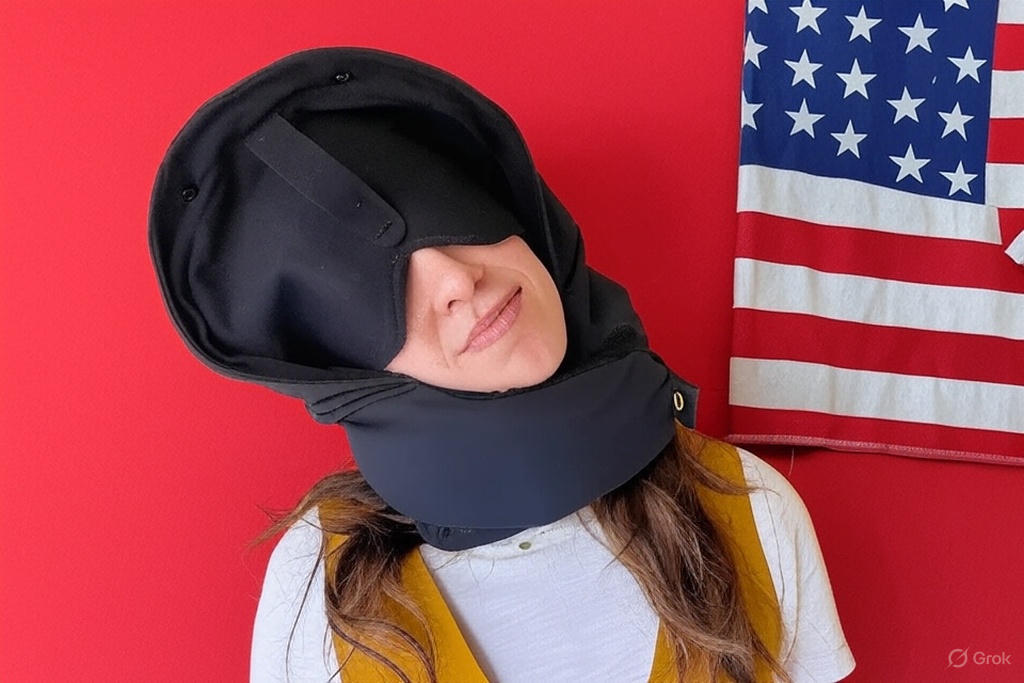Americans Prioritize Sleep Over Travel: Why Millennials Are Choosing Rest
Introduction
A recent post on social media has highlighted a fascinating trend in American work culture: instead of spending paid time off (PTO) on vacations or leisure, many Americans—especially millennials—are using it to catch up on sleep. This shift reflects deeper issues of workplace exhaustion, financial pressures, and changing attitudes toward productivity.
Americans are burning PTO just to sleep instead of travel
— Dexerto (@Dexerto) September 27, 2025
43% of millennials admit they’ve used paid vacation days to stay in bed pic.twitter.com/wuFVvjMJyy
The Viral Social Media Post
The post features two striking images:
- A young man asleep at his office desk, symbolizing burnout.
- The American flag, possibly representing national work culture pressures.
The accompanying text notes that Americans are increasingly using PTO solely for rest, with 43% of millennials admitting they’ve done so.
The post has sparked discussions globally, resonating with both workers and commentators.
Why Millennials Are Prioritizing Sleep Over Travel
Several factors contribute to this trend:
- Workplace Burnout: Many millennials face long hours and high-stress jobs. Prioritizing sleep allows them to recharge.
- Economic Pressures: Household debt and rising travel costs discourage expensive vacations.
- Cultural Factors: The U.S. lacks a statutory minimum for PTO, meaning workers must advocate for their own rest.
- Mental Health Awareness: Millennials are more open to valuing self-care, recognizing rest as essential to productivity.
Even higher-income employees occasionally choose home downtime, showing that rest is valued across financial brackets.
Public Reaction
The viral post led to diverse reactions:
- Humor and memes: Users shared funny takes on "sleeping through PTO."
- Empathy: Many related to exhaustion and preferred resting over costly trips.
- Critique and debate: Some questioned societal productivity norms or financial constraints preventing vacations.
These reactions highlight a broader societal acknowledgment of workplace stress and the changing dynamics of PTO usage.
Broader Implications
The trend has wider significance:
- Redefining Productivity: Sleep is being recognized as integral to efficiency and creativity.
- Work-Life Balance Debate: Employers may reconsider PTO policies, offering flexible options for mental and physical rest.
- Millennial Lifestyle Choices: This generation is demonstrating a shift from consumer-driven leisure to health and wellness priorities.
This pattern mirrors global conversations about burnout, including the World Health Organization classifying occupational burnout as a recognized phenomenon.
FAQs
Q1: What percentage of Americans use PTO for rest instead of travel?
A: Approximately 37% of all Americans and 43% of millennials reported using PTO to rest at home.
Q2: Why are millennials more likely to choose rest over travel?
A: Factors include workplace burnout, financial constraints, awareness of mental health, and prioritization of personal well-being.
Q3: Does income affect PTO choices?
A: Higher-income employees are 1.5 times more likely to use PTO for home downtime.
Q4: Could this trend influence workplace policies?
A: Yes, increased awareness of burnout may encourage employers to offer flexible PTO and wellness-oriented benefits.
Conclusion
The social media post is more than a snapshot—it reflects a generational shift in how Americans value rest. The imagery of a sleeping worker against the backdrop of the American flag symbolizes a paradox: in a country known for industriousness, workers are reclaiming rest as a necessity. This trend challenges traditional notions of productivity and may influence future workplace culture, policy, and societal attitudes toward downtime.
Opinion:
From a broader perspective, this movement underscores the evolving dialogue between work, health, and personal fulfillment. While some may see it as a sign of declining ambition, it also represents a pragmatic adaptation to modern life’s demands. Recognizing sleep as essential rather than optional may ultimately foster a more balanced, healthier workforce capable of sustained creativity and efficiency, reshaping the landscape of labor and personal well-being in the United States.


0 comments